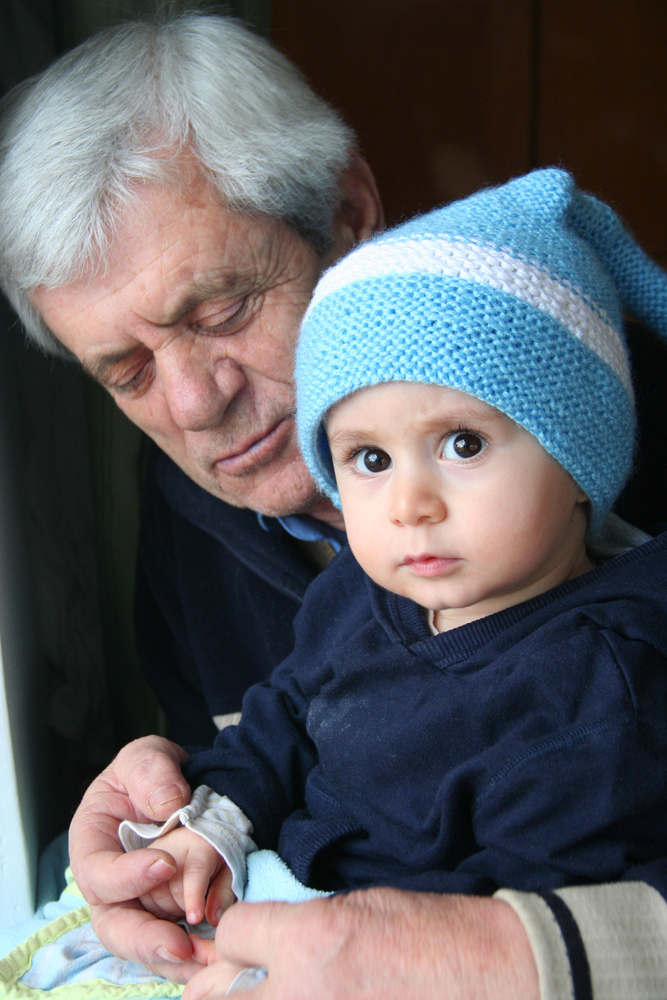Life Stages: Family and Parenting
Italians consider families to be the backbone of society. The Italian family was traditionally patriarchal, with three or four generations living under the same roof. The authority of the family lay with the grandfather, who passed it on to his eldest son. However, the mid-20th century saw the emergence of nuclear families, especially in northern Italy, and the trend away from extended families continues to this day.
Shifting Ways
Italy is currently witnessing a transformation in family size. Italy’s birthrate of 1.2 births per woman is one of the lowest in the world and has led to shrinking households and smaller families. The median size of a contemporary Italian household is about three members, with an average family having one or two children.
Although children are considered extremely important, Italians attach no stigma to childless women. In fact, an increasing number of Italian women are choosing to remain voluntarily childless to concentrate on their careers. Many Italian women marry in their late twenties and bear their first child during their mid- or late thirties.
Children are loved and protected by their parents. While Italian mothers are always ready to serve their child’s every need, fathers are the ones who usually play with them. Mothers are completely entrusted with the task of child rearing. Fathers rarely ever help in childcare tasks such as changing diapers, feeding, and bathing.
Traditional Practices
Very few Italian men participate in family chores, although they very often hand over their paychecks to wives who are in charge of the family finances. Women usually participate in making important family decisions such as childbearing and family celebrations. Italian culture considers the father to be the head of a family while the mother is the soul. Fathers support and defend the family while mothers raise the children. In the past, Italian women were restricted to roles of home-keepers and housewives. These days, however, many Italian women take up jobs outside the home and are active in Italy’s political, economic, and social spheres.
Families often visit each other, and parents, grandparents, and other relatives usually come together for family celebrations and Sunday dinners. Italians enjoy the company of their family members and love spending time with them. They get together at meal times for food, drinks, and conversation. After meals, they go out for an evening stroll, called passeggiata. This is the time to meet and chat with neighbors and friends.
Italians are passionate about soccer and have practically elevated it to the status of a religion. Other popular Italian sports are bicycling, horse racing, skiing, tennis, boxing, fencing, and swimming. Italians love to spend their leisure time in cafes, bars, beaches, theaters, and the countryside. They value friendships and often have very close friends.
Divorces are rare in Italy because many parents continue to live together in hostile relationships for the sake of their children. However, although Italy’s divorce rate of one for every 15 marriages is low compared to other developed countries, it is rising by the year. Child custody is almost always given to the mother, as she is considered the primary caregiver. Incidents of joint custody, however, are becoming more common as courts recognize the importance of both parents in a child’s life.
Italian grandparents are generally well off financially and therefore seldom depend upon their children for their needs. Adult children, however, are expected to care for their elderly parents. Italian grandparents usually take care of their grandchildren’s studies, and in turn, their children look after their health or just keep them company. Most older people live with their unmarried children.
Copyright © 1993—2025 World Trade Press. All rights reserved.

 Italy
Italy 
